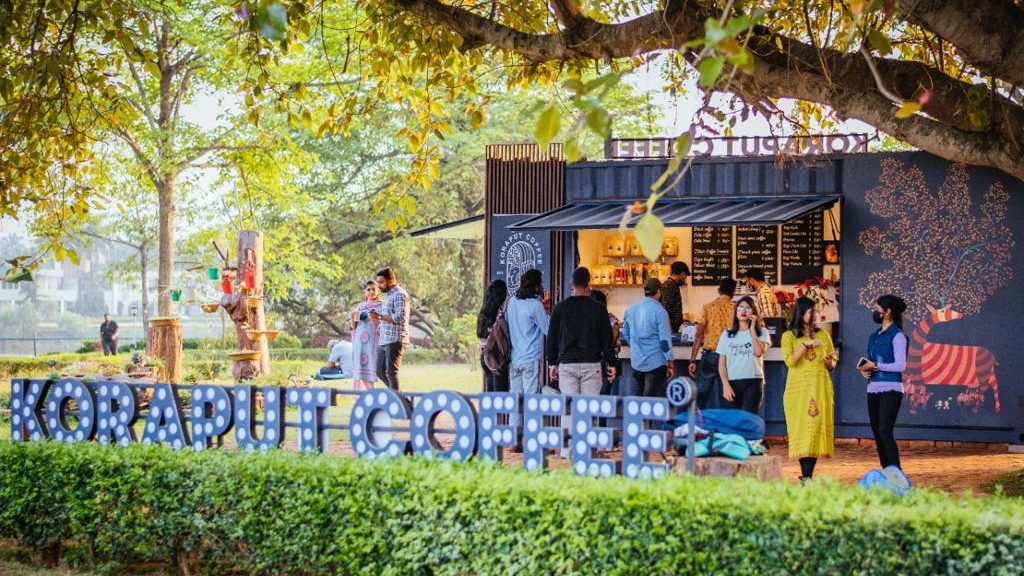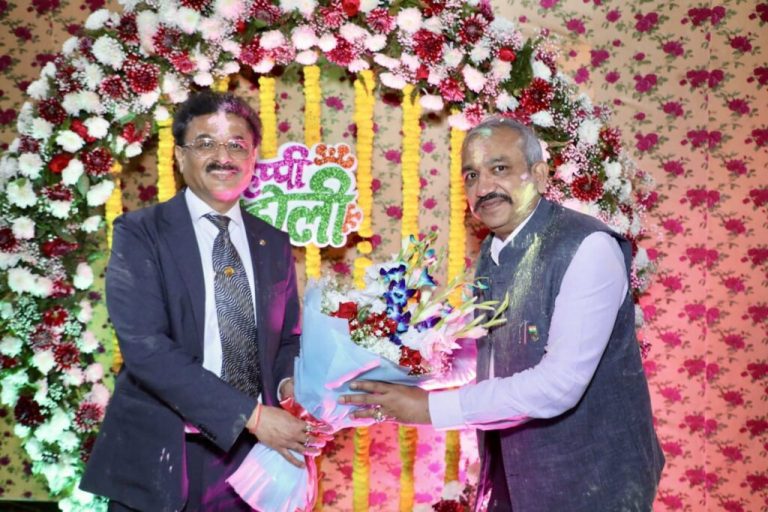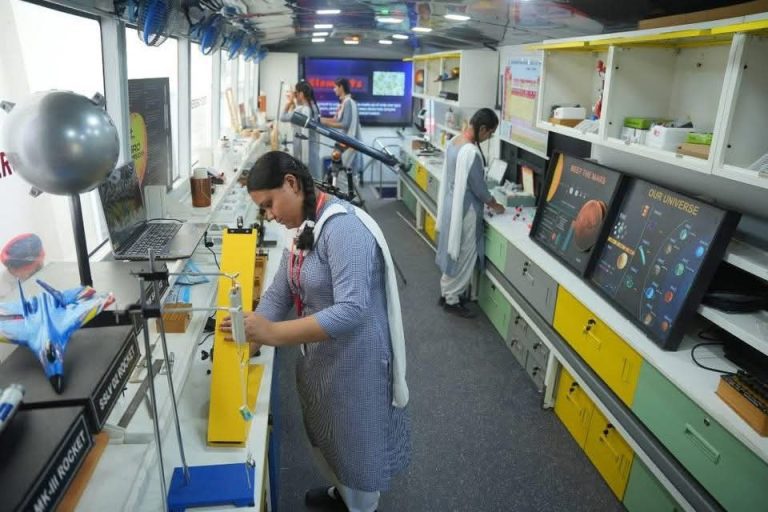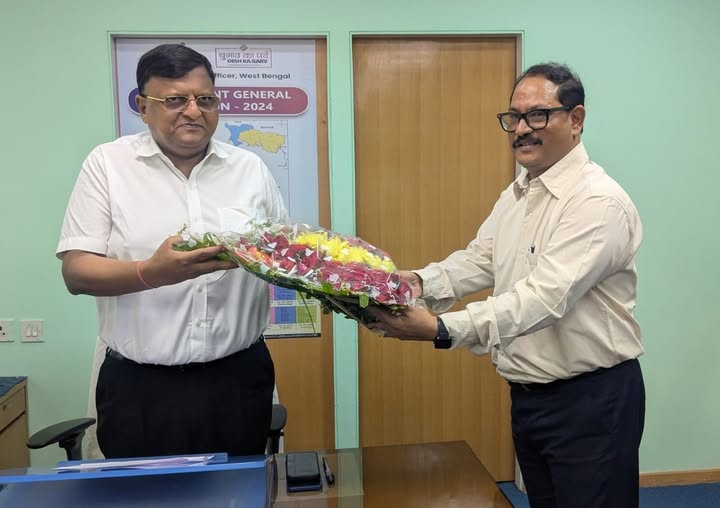Coffee could be as alien to tribal-dominated Koraput in Odisha as African Samba in a nondescript rural landscape of Bihar or Uttar Pradesh. Yet, the coffee cultivation is transforming the lives of not only the tribal communities but is also empowering women.
Koraput coffee is not only being sold in India now but is Also being exported because of its distinct aroma and taste. Koraput is located in the Eastern Ghats at a height of 3,000 ft. above sea level is ideal for coffee cultivation due to its cool climate and rainfall.
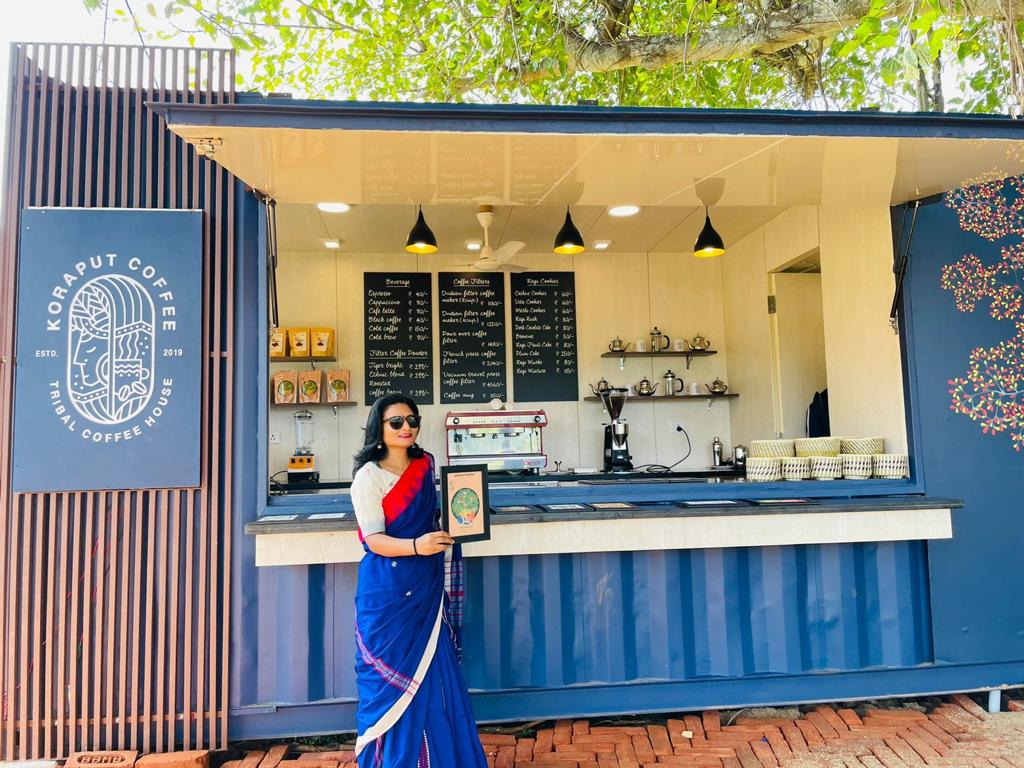
KORAPUT COFFEE
The Koraput coffee was started back in 2019 under the retail branch of Tribal Development Co-operative Corporation of Odisha Limited (TDCCOL). The corporation have 11 ADISHA retail outlets which sales product either grown by tribals or handicrafts made by other artists and provides a marketing support.
Facing difficulties of infrastructure and technical knowledge, no value addition or supply chain could build up before 2019. So, the corporation started with one product that is Koraput coffee and worked with tribals, trained them and made sure that they sell the coffee at a competitive price in the market.
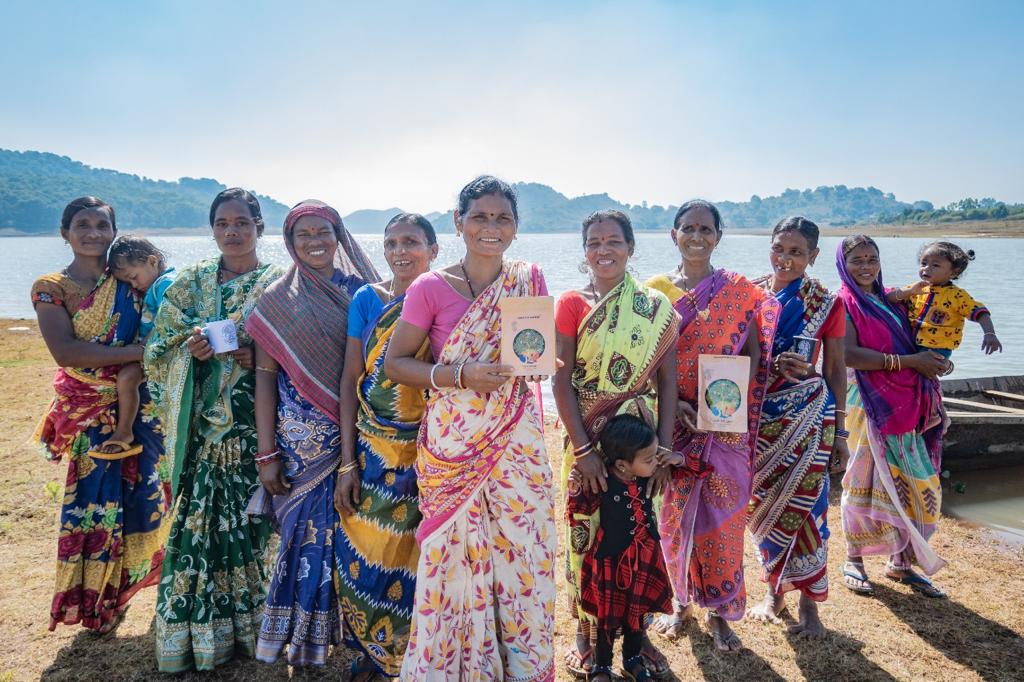
After the entire supply chain was developed, they started capacity building of farmers as well as enrolling them, so that they could sell the coffee to the corporation and get direct benefit through bank transfers.
POSITIVE IMPACT
The coffee plantation impacted hugely not only on the tribal people who were growing coffee but to the non-tribals as well, who got income support from the buyers. It improved the economy in a direct way. Since last year, corporation is procuring the coffee through women Self-help groups to have better quality of coffee.
“The beauty is that we do the door step procurement. We don’t ask the farmers to come to us instead we go to them to get the coffee,” IAS Mansi Nimbhal, MD, TDCCOL told Indian Masterminds.
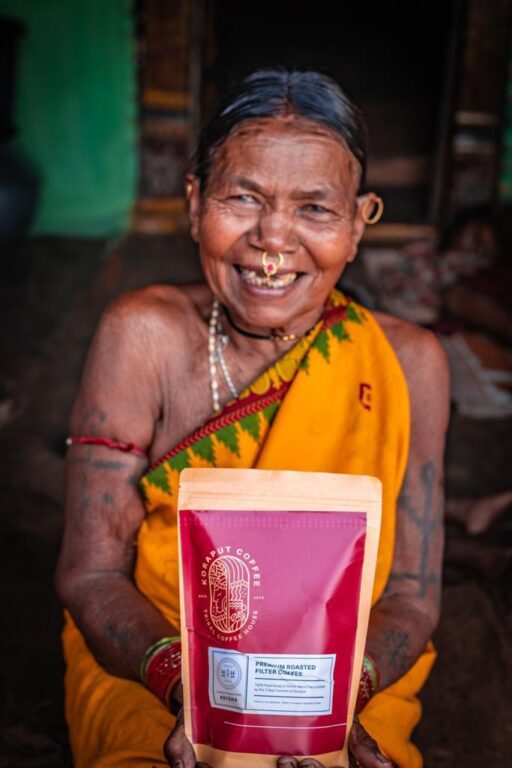
There are about 8-13 SHGs who participated to sell the coffee last year. With this, directly the women empowerment has resulted in as social, financial and political empowerment as they are now participating more, and voicing to take part in other social things. It has directly impacted the tribal people and women SHG groups.
“On 2013-14 we have planted coffee in 2 acres of land under the forest Right Act. Last three years, TDCC buys the coffee fruits from our door steps. This year we sold coffee @ Rs 55.00/ KG to TDCC and the payment given to our SHG account and the SHG immediately withdrew the cash and distributed us. This year our SHG has sold 19.5 MT of coffee fruits to TDCCOL from 48 tribal farmers,” told Gayatri, SHG member from village Punjisil, Koraput.
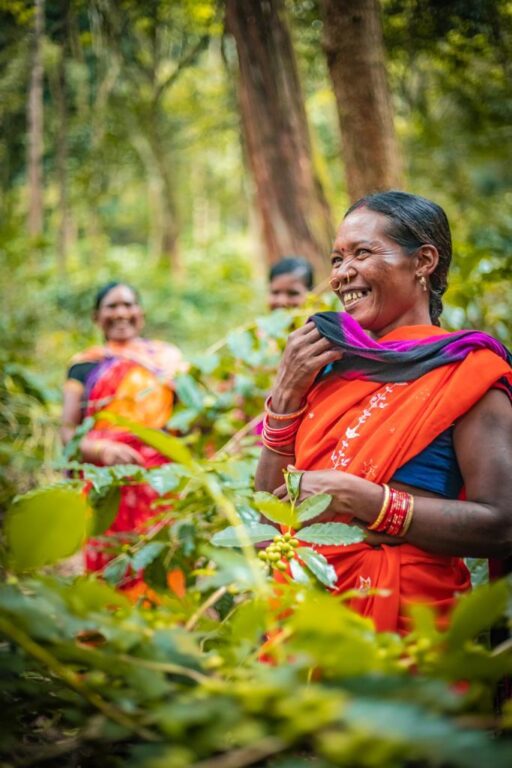
COFFEE KIOSKS
The corporation has also developed coffee kiosks. Presently, there are 4 kiosks running in Odisha in Bhubaneshwar, Koraput, Puri and in Adisha. These are the direct sale point. Just like any other café, coffee is brewed and served to the customer.
“We have aimed to make it as much sustainable as possible. Our coffee cups and packaging are 100% biodegradable. We have direct income support to tribal people which is 100% transparent,” Ms. Nimbhal shared.
Along with this, the homegrown coffee ensured that a small group of young adults with Autism and Down Syndrome in Bhubaneshwar is economically empowered. For this, an organization was roped in to make coffee bean shape soaps from the residue of the coffee that is brewed in the Koraput Coffee outlet.
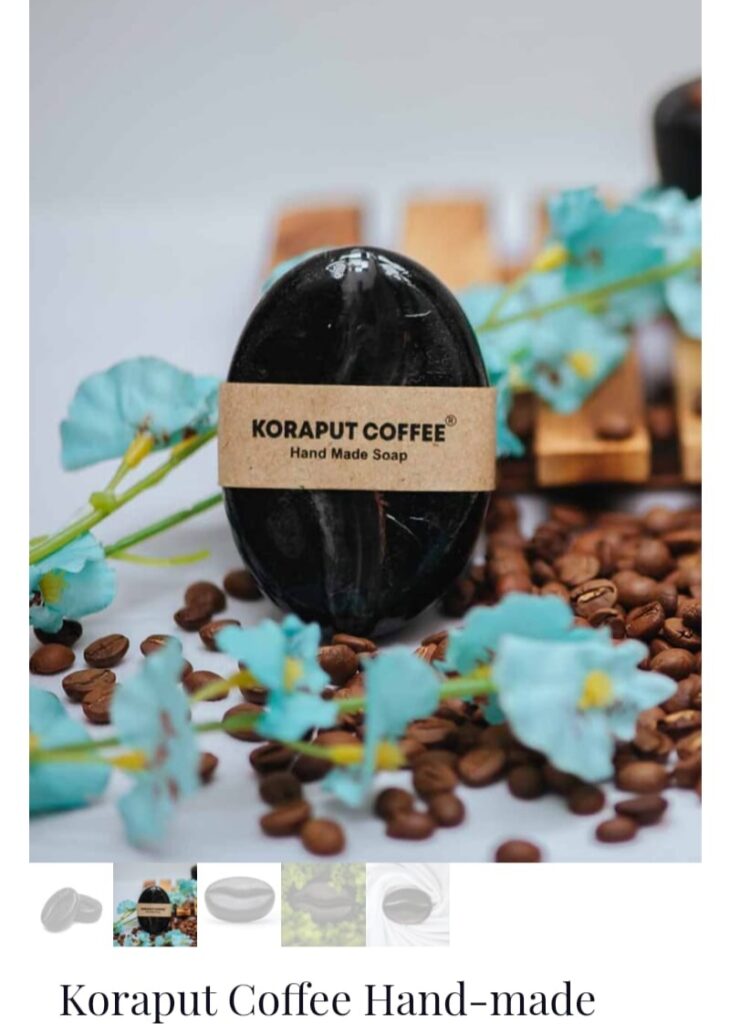
WORLD OF COFFEE EXPO
After making a mark in the Indian Market, the Koraput coffee has now gone from local to global and was seen at the World of Coffee Expo in Dubai. Ms. Nimbhal shared that they received a tremendous response at the Expo and that the Koraput coffee is a big initiative for small coffee growers.
A few glimpses of Coffee connoisseurs 😇 sharing their views and love for #KoraputCoffee ☕️ at the World of Coffee – Dubai event.😍
— Koraput Coffee (@Koraput_Coffee) January 13, 2023
Koraput Coffee. From India's tribal heartland ❤️#tribalcoffee #Koraput #Odisha #VocalforLocal #Sustainable #Organic@tdccol @mansinimbhal pic.twitter.com/sUlgpUAo6I
“The Koraput Coffee is in so much demand because of its quality. We now get so many orders not only from other states but internationally as well,” she added.
The state government has provided support to improve the livelihood of the farmers, as well as do it in a mission mode through the Mission Shakti SHGs.
The whole supply chain of coffee is 100% sustainable and transparent, which is why, it is now running successfully on its own. The farmers are more aware and it has increased the bargaining power of the farmers.
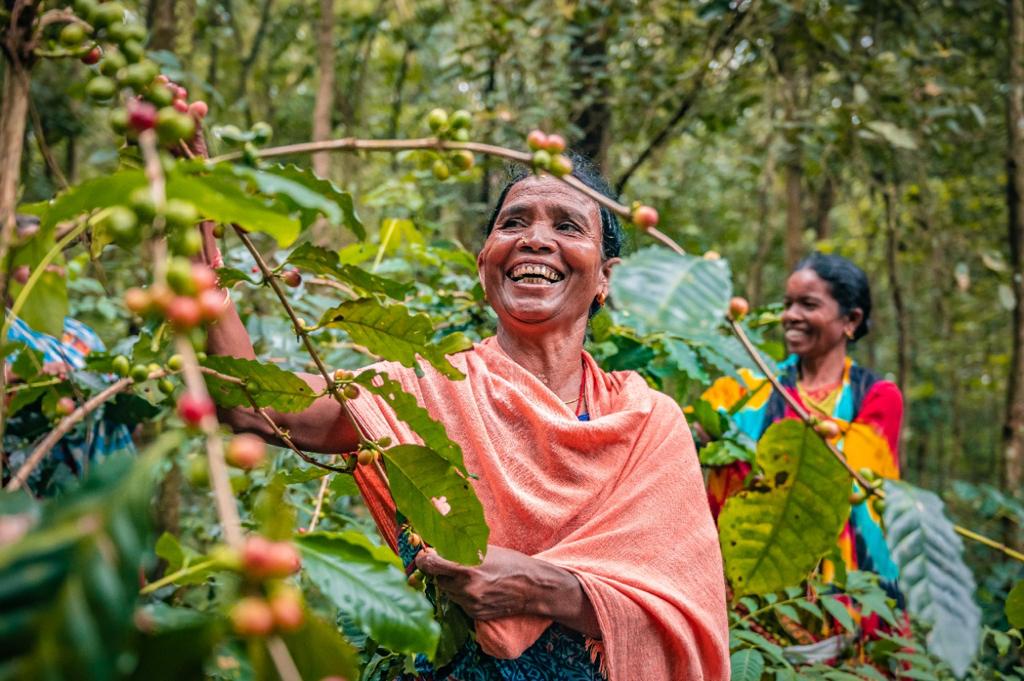
“Now they bargain that they want a higher price and we have to give them that price. The income of farmers has increased, tribal have been given direct income support, livelihood, and the consumers are happy to have home grown 100% arabica coffee. This is a win-win situation for everyone,” Ms. Nimbhal concluded.

